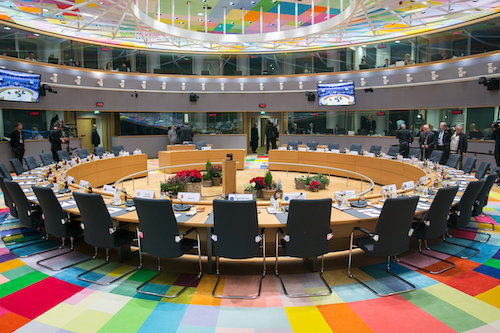When nations rejected the European Union out of fear it would not be accountable to EU citizens, politicians unveiled a new proposal: a citizens’ initiative known as the European Citizens’ Initiative (ECI). When a broad cross-section of EU citizens support an issue, they can bring it to politicians’ attention through a successful ECI – unless those politicians ignore it, as the European Council just did to an ECI intended to rein in EU spending on controversial causes.
Roger Kiska analyzes the transnational governing body’s democracy deficit in a new essay for Religion & Liberty Transatlantic. Kiska – who is co-counsel for the “One of Us” Federation – writes of their efforts to end the funding of abortion and research that results in the destruction of a human embryo.
“The ‘One of Us’ case presents a myriad of legal and ethical issues which include questions about the democratic legitimacy of the EU, subsidiarity, the rule of law, and principles of natural law,” he writes.
“What value does the ECI have if citizens can only hope to have their successful ECI’s introduced as legislative proposals if those proposals are already in line with something the Commission would propose on its own accord?” he asks.
You can read his full essay here.
(Photo credit: European Council.)

